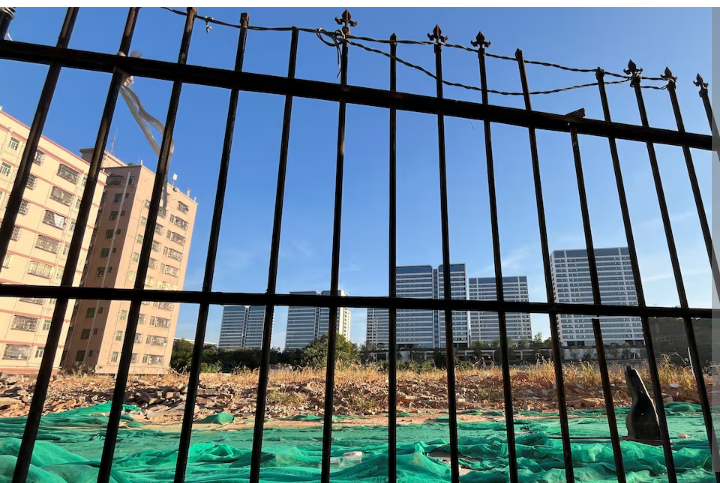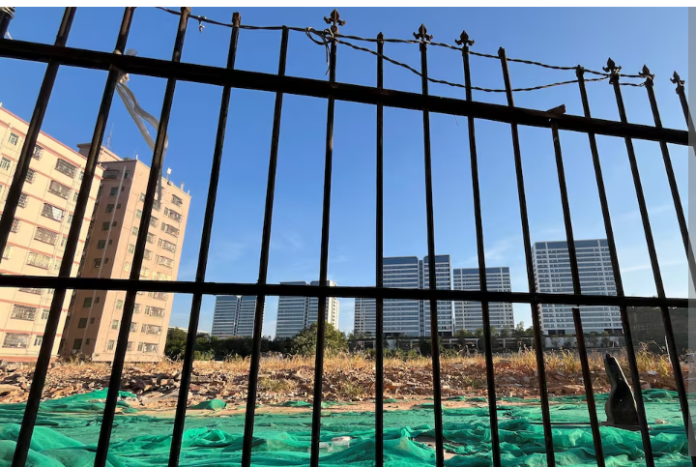In June 2024, Hong Kong businesswoman Doris Au was blindsided by a letter from her bank, DBS Group, announcing the sudden closure of her business account. No detailed explanation was given, but the impact was devastating — she could no longer trade with her international suppliers.
After a bit of digging, Au uncovered the likely cause: her company shared a similar name and address with another entity placed on the U.S. trade blacklist in October 2023 for allegedly supporting Russia’s military industry. The catch? Au’s company had no such connections.
“We’re not that company. It’s a complete mistake,” she said from her warehouse stacked with hardware products from trusted global brands.
Au’s case isn’t isolated. A Reuters investigation into nearly 100 Chinese and Hong Kong companies added to the U.S. Entity List in 2023 and 2024 found that over a quarter contained factual errors — including outdated addresses, wrong names, and inaccurate listings. At some listed locations, Reuters found beauty salons, tutoring centers, massage parlors, and even a demolished factory overrun with weeds.
Despite these blunders, some entities on the list are indeed evading restrictions, using shell companies, forwarding agents, and loopholes to ship restricted goods like semiconductors to Russia. For instance, in December 2023, 20 of the listed firms reportedly exported $7.5 million worth of restricted items to Russia.
The blacklist, created in 1997 and administered by the U.S. Bureau of Industry and Security (BIS), is meant to curb the flow of sensitive U.S. technologies to adversaries. However, BIS is facing major challenges — from outdated data to staff shortages — in accurately managing the growing list. One former senior BIS official described the agency as “woefully under-resourced.”
Matthew Borman, a former BIS official, highlighted the complexity of enforcing the list. “They [blacklisted entities] can simply change their name or address and continue operations,” he said.
In Hong Kong, many of the addresses linked to blacklisted firms belong to company secretarial services — businesses that host mailboxes for hundreds of other companies. Reuters visited multiple such firms and found that the listed companies were no longer present or had long since moved out.
For legitimate businesses operating at these addresses, the consequences can be severe. Crystal Ng, owner of a Hong Kong beauty salon, was denied accounts by HSBC and Dah Sing Bank simply because her business was located at a previously listed address. She eventually relocated just to continue banking.

Banks, fearing heavy U.S. penalties, often overcompensate. They use automated systems to flag any associations with listed names or addresses, which can result in innocent firms being denied service or shut down entirely.
One affected business, Global Broker Solutions Limited, was visited by BIS agents in October 2024. Its director, Denis Makkaveev, claimed he had no idea what restricted goods were involved and stressed, “I’m just the logistics guy. I don’t deal in military goods.”
To stay afloat, he created two new companies in Hong Kong and turned to e-commerce platforms for payments — sidestepping the traditional banking system altogether.
The bottom line? The U.S. blacklist may be an important tool for national security, but if not managed with precision, it risks harming innocent people and fueling confusion rather than curbing illicit trade.



